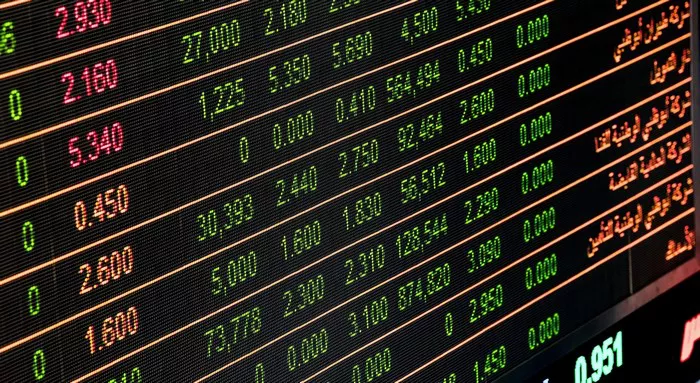South Korea’s economy appears to have decelerated considerably in the second quarter of this year, as higher borrowing costs dampened domestic demand despite sustained export performance, according to a recent Reuters poll of economists.
The poll suggests that the South Korean economy, which has been buoyed by exports, is projected to have expanded by just 0.1% on a seasonally adjusted quarterly basis in Q2. This marks a sharp decline from the 1.3% growth recorded in the first quarter of the year. The median forecast from 21 economists points to this slowdown, with some even predicting a contraction or stagnation.
If the median forecast holds true, it would represent the slowest growth rate since late 2022. On an annual basis, the Gross Domestic Product (GDP) is anticipated to have grown by 2.5%, down from 3.3% in the previous quarter, based on the median prediction from 25 economists surveyed between July 15 and 22. Official figures are set to be released on July 25.
Krystal Tan, an economist at ANZ, highlighted that “GDP data is expected to reflect stalled growth following a robust expansion in Q1 2024. Although high-frequency data indicates strong exports and manufacturing, these gains are likely being counterbalanced by weaknesses in domestic demand.”
Since reopening after the COVID-19 pandemic, South Korea’s economic growth has been largely driven by exports, while domestic consumption remains weak due to elevated borrowing costs. South Korean households, among the most indebted globally, are feeling the strain.
Tan also noted, “Domestic demand needs a boost from a more accommodative monetary policy. With inflation approaching the 2% target, a policy shift by the Bank of Korea is anticipated by Q4 2024.”
The Bank of Korea has kept its key interest rate steady at 3.50%, a 15-year high, for the 12th consecutive meeting in July, signaling a potential policy shift in the future. According to the latest Reuters poll, a rate cut is expected in the next quarter.
Looking ahead, South Korea’s economic growth is forecasted to average 2.5% for this year. However, concerns about a slowing economic recovery in China, South Korea’s largest trading partner, along with domestic issues, pose risks. Growth is projected to slow further to 2.2% next year, according to a separate Reuters poll.


